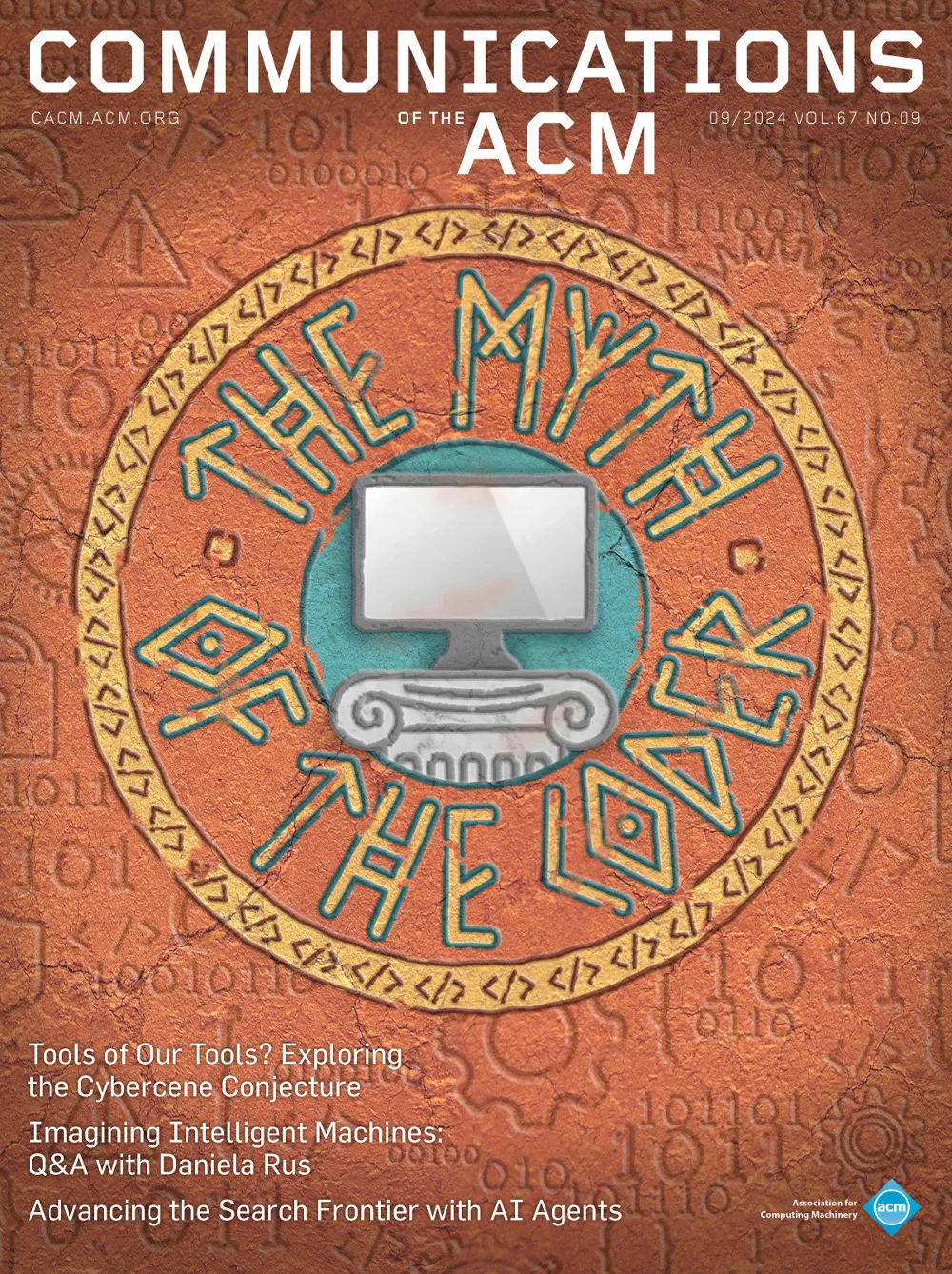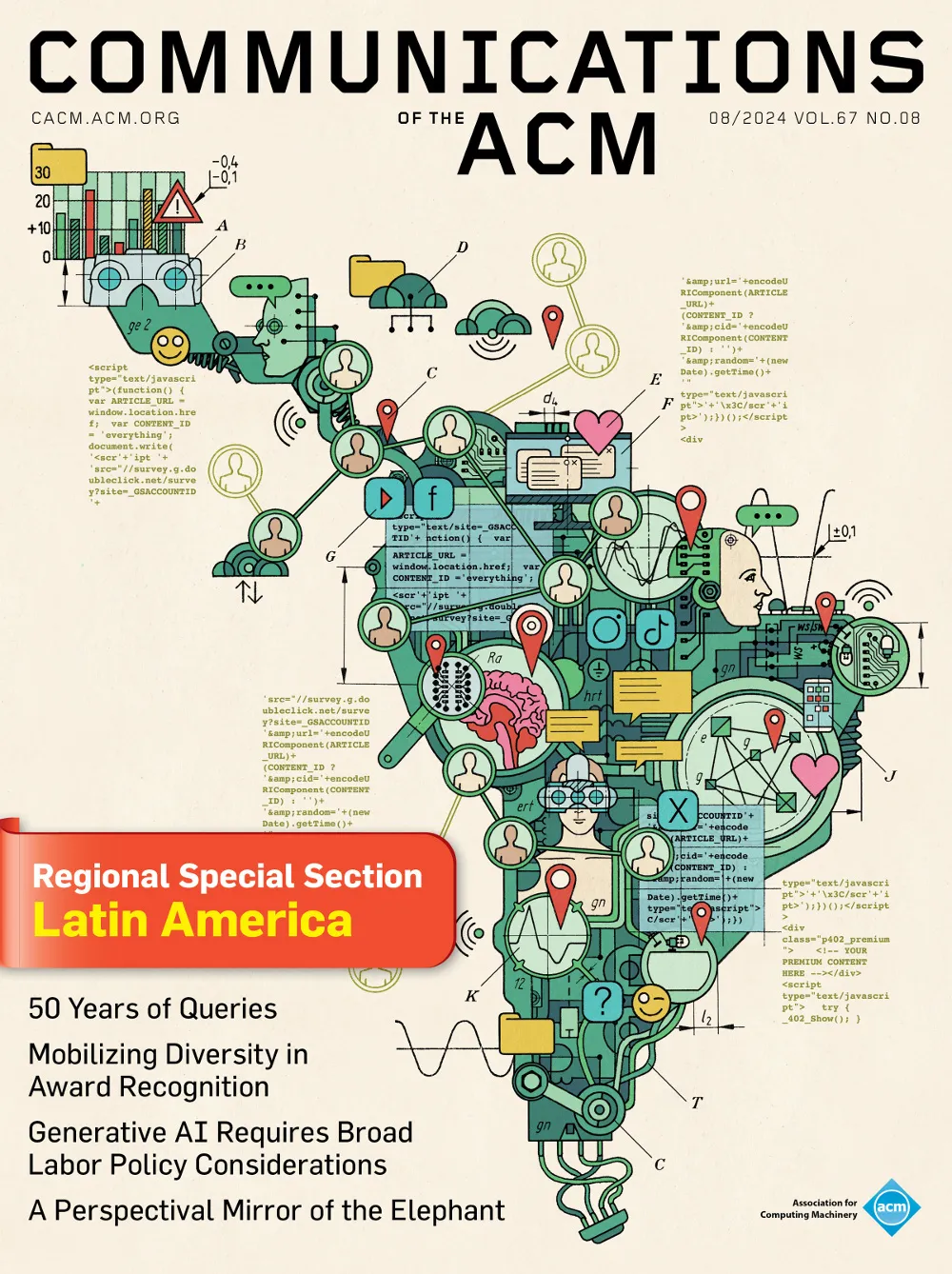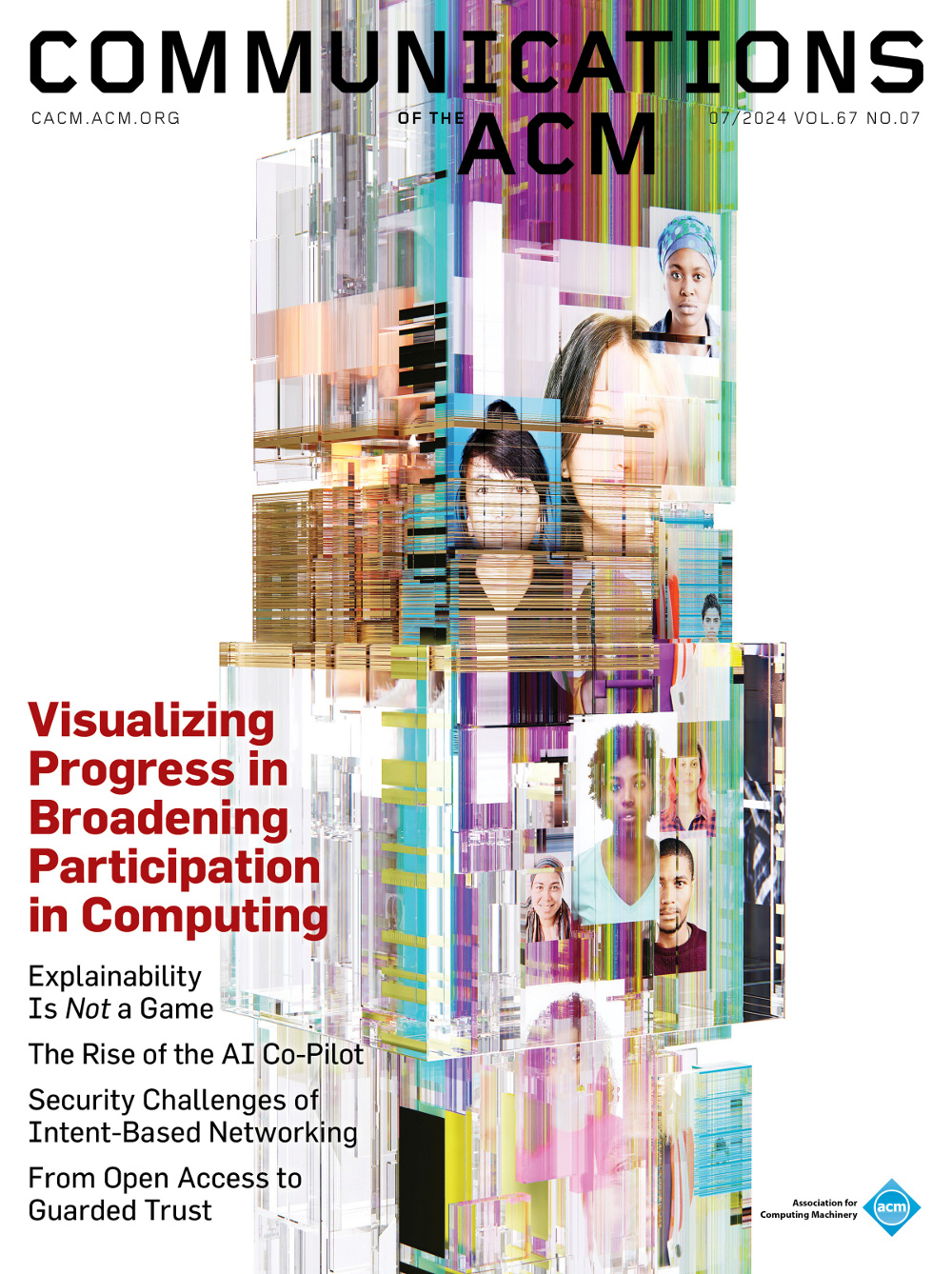September 1976 - Vol. 19 No. 9

Features
Analysis of an algorithm for real time garbage collection
A real time garbage collection system avoids suspending the operations of a list processor for the long times that garbage collection normally requires by performing garbage collection on a second processor in parallel with list processing operations, or on a single processor time-shared with them. Algorithms for recovering discarded list structures in this manner are presented and analyzed to determine sufficient conditions under which the list processor never needs to wait on the collector. These techniques are shown to require at most twice as much processing power as regular garbage collectors, if they are used efficiently. The average behavior of the program is shown to be very nearly equal to the worst-case performance, so that the sufficient conditions are also suitable for measuring the typical behavior of the algorithm.
New upper bounds for selection
The worst-case, minimum number of comparisons complexity Vi(n) of the i-th selection problem is considered. A new upper bound for Vi(n) improves the bound given by the standard Hadian-Sobel algorithm by a generalization of the Kirkpatrick-Hadian-Sobel algorithm, and extends Kirkpatrick's method to a much wider range of application. This generalization compares favorably with a recent algorithm by Hyafil.
The nodes of a weighted derivation tree are associated with weighting functions over the vocabulary of a context-free grammar. An algorithm is presented for constructing the optimal derivation tree having the same structure as a given weighted derivation tree. In addition, the correctness of the algorithm is established. The method may be applied to problems involving probabilistic parsing or combinatorial optimization.
Recursion analysis for compiler optimization
A relatively simple method for the detection of recursive use of procedures is presented for use in compiler optimization. Implementation considerations are discussed, and a modification of the algorithm is given to further improve optimization. This analysis can also be used to determine what possible subset of values could be assumed by variables which can only take on a relatively small discrete set of values. The most common are parameters of variables assuming values of label, procedure, or Pascal's enumerated type.
Efficient generation of the binary reflected gray code and its applications
Algorithms are presented to generate the n-bit binary reflected Gray code and codewords of fixed weight in that code. Both algorithms are efficient in that the time required to generate the next element from the current one is constant. Applications to the generation of the combinations of n things taken k at a time, the compositions of integers, and the permutations of a multiset are discussed.
An efficient, incremental, automatic garbage collector
This paper describes a new way of solving the storage reclamation problem for a system such as Lisp that allocates storage automatically from a heap, and does not require the programmer to give any indication that particular items are no longer useful or accessible. A reference count scheme for reclaiming non-self-referential structures, and a linearizing, compacting, copying scheme to reorganize all storage at the users discretion are proposed. The algorithms are designed to work well in systems which use multiple levels of storage, and large virtual address space. They depend on the fact that most cells are referenced exactly once, and that reference counts need only be accurate when storage is about to be reclaimed. A transaction file stores changes to reference counts, and a multiple reference table stores the count for items which are referenced more than once.
Faster retrieval from context trees
Context trees provide a convenient way of storing data which is to be viewed as a hierarchy of contexts. This note presents an algorithm which improves on previous context tree retrieval algorithms. It is based on the observation that in typical uses context changes are infrequent relative to retrievals, so that data can be cached to speed up retrieval. A retrieval is started from the position of the previous retrieval and auxiliary structures are built up to make the search rapid. Algorithms for addition and deletion of data and for garbage collection are outlined.



